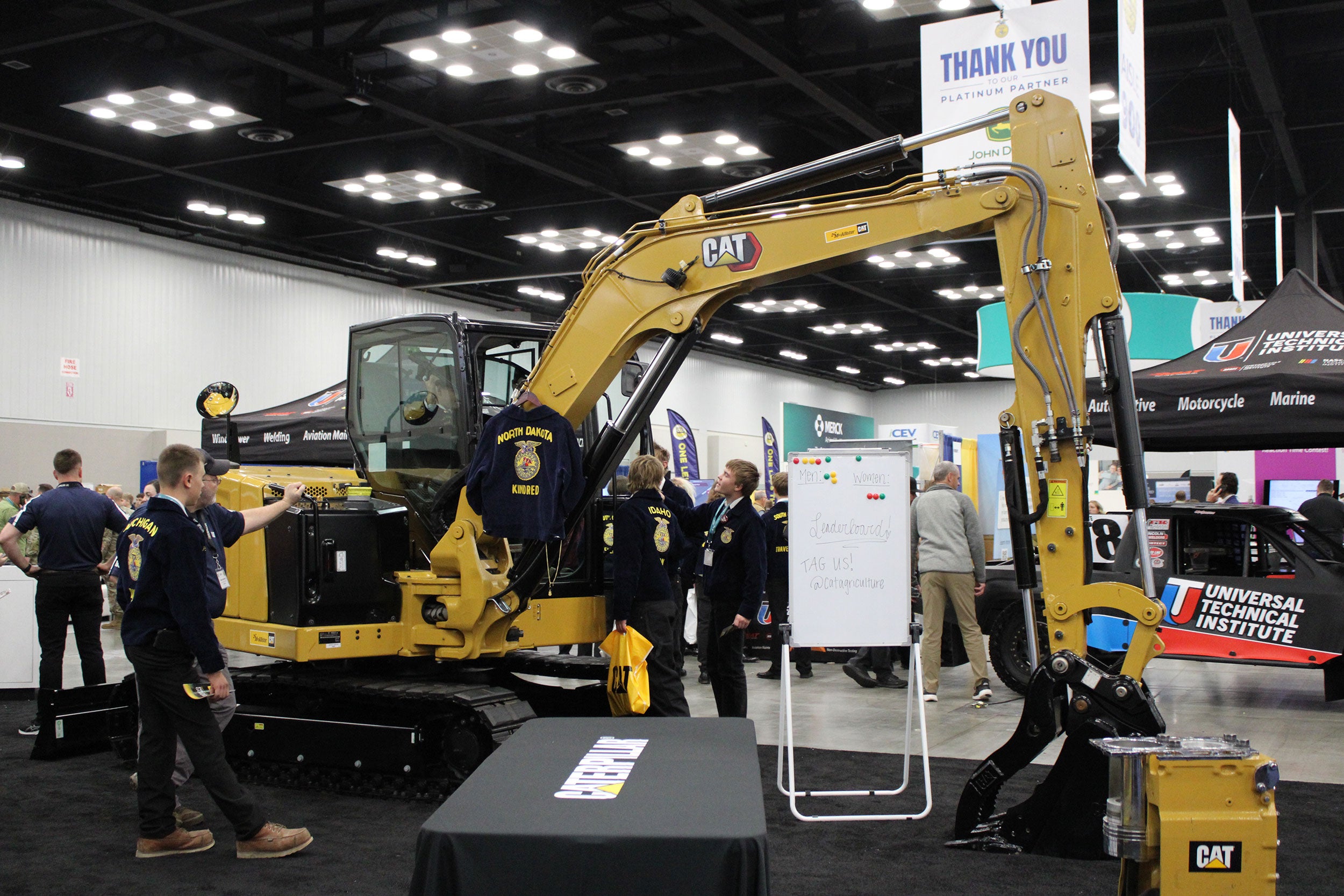These days, the idea of not having access to your phone at any given time is daunting. Who would not want to have all of life’s answers at their fingertips? Whether you are asking Google what the weather is outside, or using the newest version of ChatGPT to cheat on check your homework, we can all agree that the use of the internet has rapidly transformed society.
Over the last few decades, there has been a major topic that has been circling around the news and has found its way into almost every career and field of work: artificial intelligence. Artificial intelligence, otherwise known as AI, seems to be the world’s current most popular talking point, with researchers and engineers rapidly discovering new ways to make AI more advantageous and influential to individuals who don’t even truly know what it is.
With AI now being able to assist with such complex things as accelerating genetic improvement of both plants and animals, as well as being able to detect widespread crop diseases early on, what is to become of the future of agriculture?
At the National FFA Convention & Expo in Indianapolis, it is typical to see exhibitors and other experienced attendees being asked the big mind-bending questions, however, through FFA, it is just as important that the students have a chance to voice their thoughts and opinions.
While exploring the expo, I had the chance to ask three extraordinary FFA members their opinion on how they perceive the change in agriculture with the rapid rise in AI agricultural technology.
I first spoke to Matthew Daniels from the Ontario Chapter in Oregon, where he maintained a positive attitude on the matter and holds high hopes for a world in which we can use AI to better the field of agriculture. By introducing AI into agriculture, we can “introduce new ideas and different perspectives on things we might not have thought of before, as well as [gain] better efficiency when it comes to machinery and incorporating different systems when it comes to agriculture.”
Without a doubt, Daniels believes that there is hope for the future of agriculture and AI to work together in order to increase both production and profits.

Sharing some similar beliefs and hopes for the future is Maddie Mae Peters from the Etowah FFA Chapter in Georgia.
Peters starts off by mentioning that “with the increase of AI comes the eventual increase of farming materials, which can have their courses be pre-calculated by AI, and with that, there probably won’t be as much use for hands-on mechanical work in farming industries.”
Being able to have machinery with built-in calculation systems would be life changing for farmers to say the least; this would take great amounts of time away from working on necessary crop calculations and allows them drastically more time to focus on how to better their farms.
Although adding AI into the world of agriculture might seem as if it could largely be beneficial, not everyone is on board. Giving a contrasting point of view is Brayden Snooker from the Albion FFA Chapter in New York.
“It will help a lot of the bigger farms with efficiency and not having to pay workers, but it will hurt a lot of the smaller family-owned farms because they won’t be able to keep up with the AI equipment,” he said.
Of course, there is no conclusion as to what will become of developments in AI — the capabilities of AI are almost constantly changing. But there is not a doubt in my mind that whatever happens, the dedication and perseverance of FFA members all across the nation will continue to grow and do what is best for the future of agriculture.


